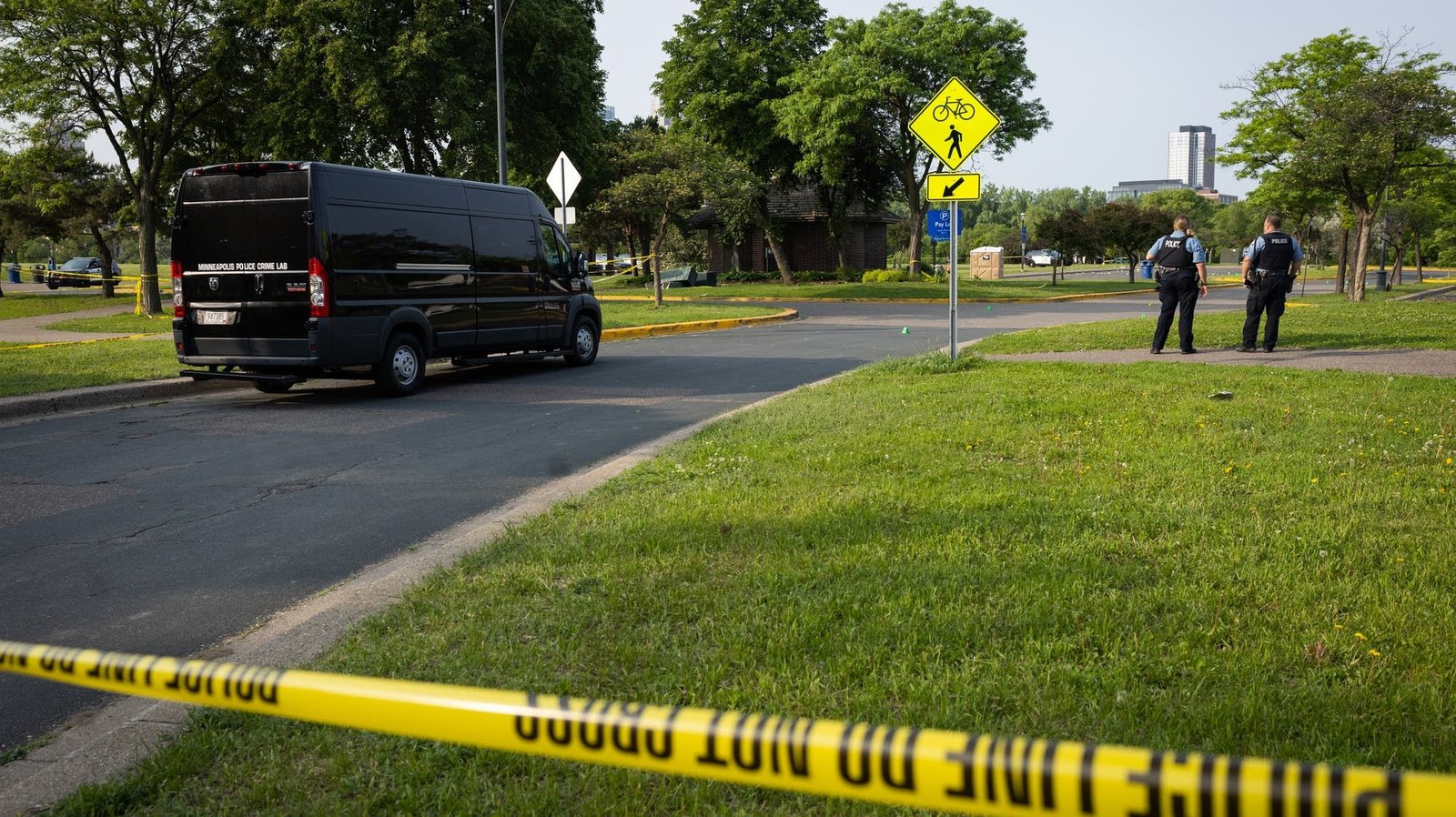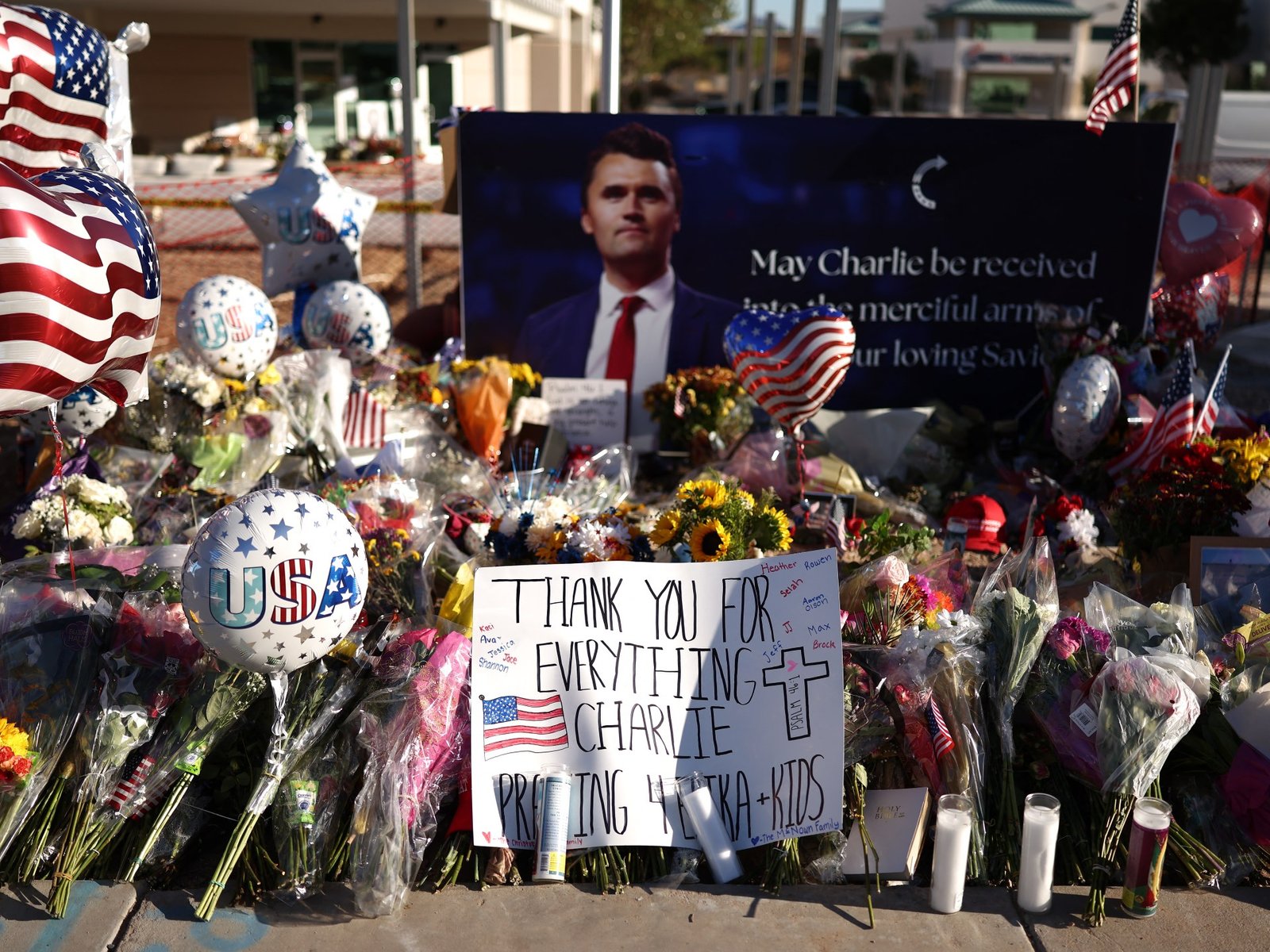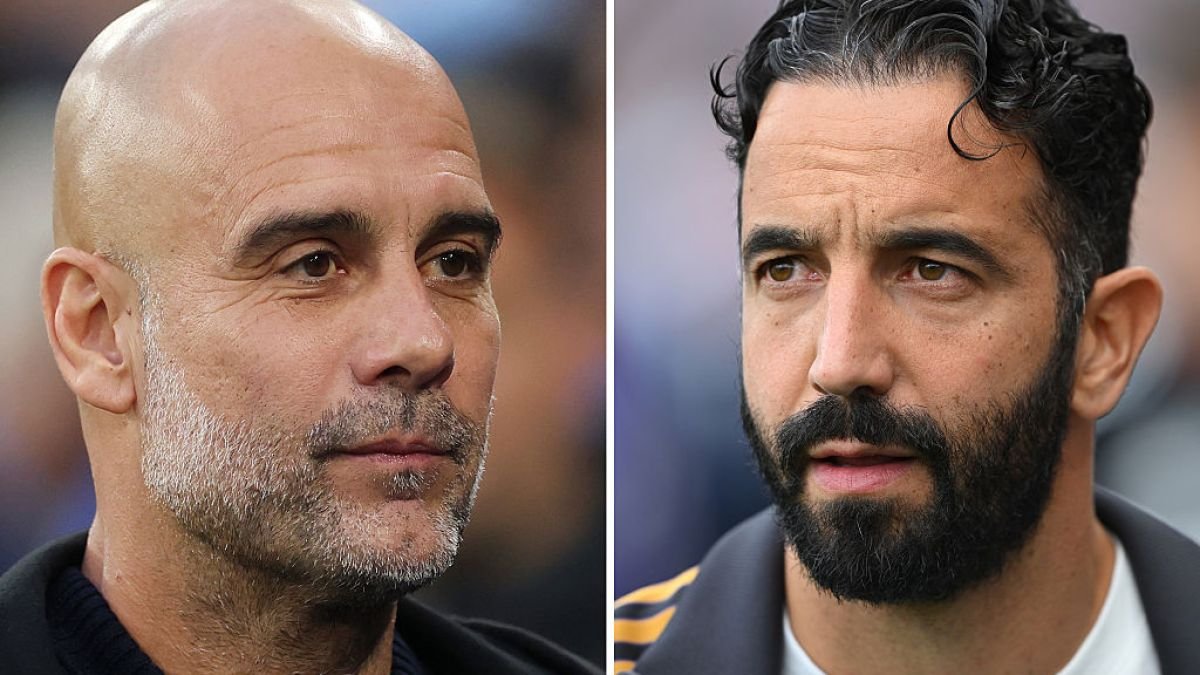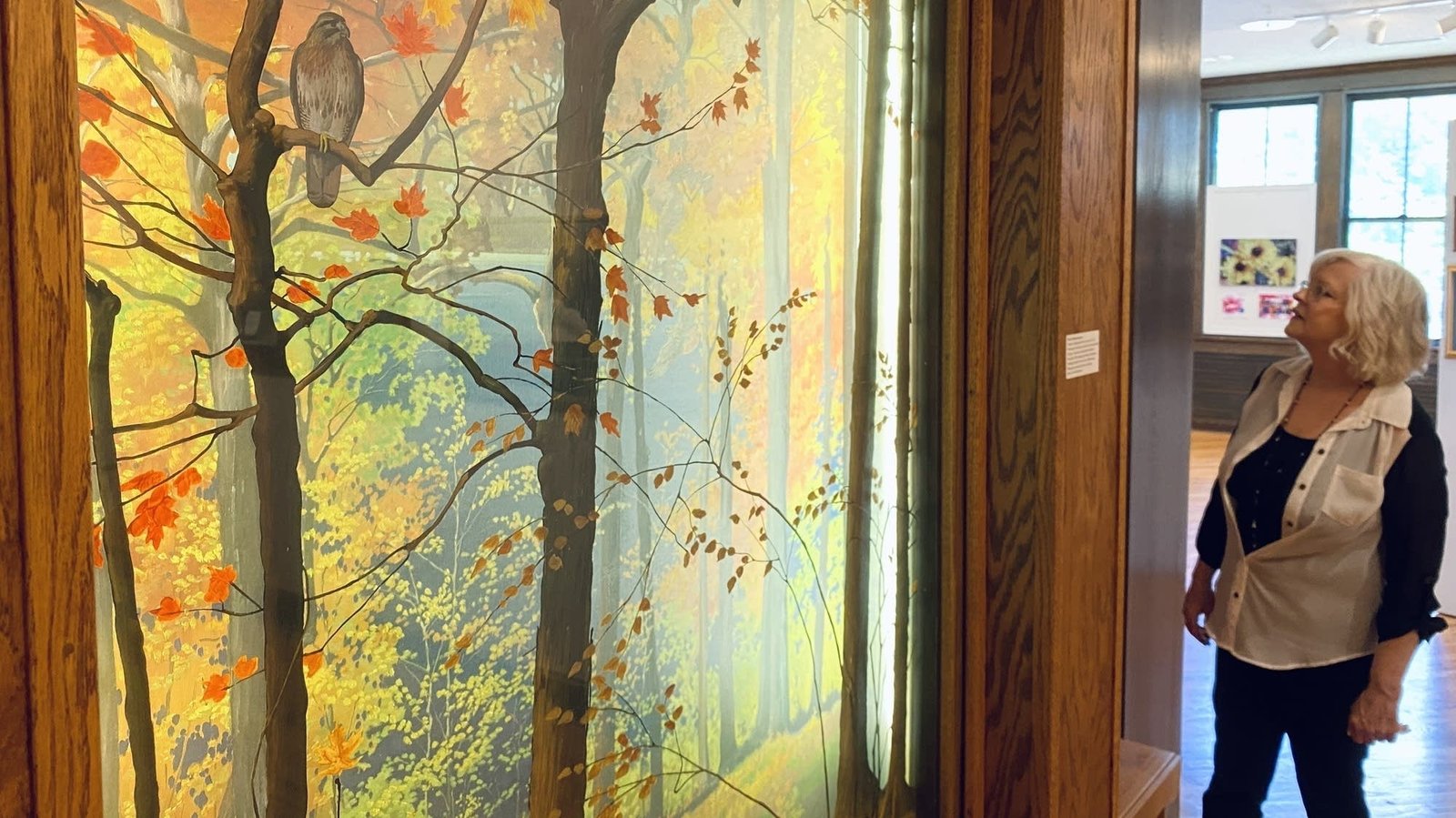
It’s the second deadly shooting at a Minneapolis park this month. In early June, one woman, 23-year-old Stageina Whiting, was killed and five others were injured after a shooting at Boom Island Park in Northeast Minneapolis. Joining me now to talk about park safety is Minneapolis Parks Police Chief Jason Ohotto. Thank you very much for your time this afternoon, Chief.
JASON OHOTTO: Thanks, Nina. I appreciate the invitation.
NINA MOINI: For starters, Chief, for people who don’t know, could you just explain briefly the difference between Minneapolis Park Police and Minneapolis Police Department and how you all work together?
JASON OHOTTO: Yeah, so the Minneapolis Park Police Department is a Department of the Minneapolis Park and Recreation Board, which, for about the last 140 years, has governed park acquisition, development, and operations across the city of Minneapolis. The Minneapolis Park and Recreation Board is comprised of nine elected officials who appoint the superintendent of parks. And then the superintendent of parks is essentially like a city manager and other municipalities. That is who my boss is and ultimately who the Park Police Department answers to for direction.
We work very closely with the Minneapolis Police Department. We have concurrent jurisdiction across the city. Park police officers are obviously focused on the 7,000 acres of park property within Minneapolis, where municipal police officers are focused on all of the 911 responses and law enforcement duties outside of the park system.
NINA MOINI: OK, thank you for explaining that because some people really may not know the difference. Several people have been injured in recent weeks. Do you have an idea for what is perhaps behind this violence at Minneapolis parks?
JASON OHOTTO: Well, I don’t see any connection between the recent homicide at Folwell Park and the Boom Island shooting that you referenced earlier. They are not connected. But there is this underlying driver of violence across our city and, frankly, across cities throughout the United States involving the illegal possession and use of firearms. Firearms are the number one major contributing factor to serious violence in our city and within our park system.
NINA MOINI: Definitely a struggle there. And we know, just based on years past, that summers are busy months. Obviously, people will be frequenting the parks. 4th of July weekend is coming up. What are you doing? What are Minneapolis Park Police doing to plan to keep folks safe during just these busy summer months? Are you going to be doing anything differently?
JASON OHOTTO: Well, so I think it’s first really important to realize that our parks are safe, despite the two incidents that we’re talking about today. In the case of Folwell Park, we had not had a serious violent crime reported there prior to Monday for 2 and 1/2 years. There are typically fewer than 100 reported serious violent crimes across the entirety of the park system in any given year.
So by and large, the park system is very safe, although we are managing 7,000 acres of parkland within the city of Minneapolis, and there is the potential for these crimes to occur. We do take a layered approach to safety. So we start with park design. Park police officers work from the inception of parks to provide input around safety and security to include things like sight lines and natural surveillance, cameras and lighting.
We try really hard to have parks be activated, so programming outside. When we see intentional programming and outdoor supervision, we know that displaces negative behavior. We work very closely with our Community Connections and Violence Prevention Department, which provides a Street Reach team. Street Reach is a community safety-based way to engage in sometimes negative behavior. And then lastly, our last layer of security is often police patrols and 911 call response that the park police provide.
NINA MOINI: Are you going to be relying on extra patrols? You mentioned that was the last resort, but I mean, after two shootings in one month at parks, is that part of the plan? I know after what took place at Boom Island, we had Minneapolis Police Chief Brian O’Hara on, who said that there would be a camera placed there. I don’t know if you want to talk specifically about Boom Island and Folwell Park and what’s going to be different or what you’re implementing there.
JASON OHOTTO: Yeah, so you’re right. With regards to Boom Island, we did place a mobile camera at the entrance to that park. And we did have police officers assigned to Boom Island in the evenings in anticipation of its closing time. Recently, the Park Board made the decision to close Boom Island a little bit earlier than what it had closed in the past. So now the parking lot is closed at 9:00 PM versus 10:30 previously. And we are assisting with the closure of that parking lot at 9:00 PM.
Folwell Park, like I mentioned, we’ve had no trend or pattern of violent crime at that park outside of Monday. But obviously, Monday’s event is very traumatic to that community. And we are going to provide extra patrols and support for all of the activities going on at Folwell Park for at least the next couple of weeks.
NINA MOINI: What does it take to change hours at parks? People might not know the relationship that law enforcement has, perhaps, with the Park Board, when you’re looking at making changes like that. I assume it’s a difficult decision because you also want these spaces to be as accessible as possible to everybody.
JASON OHOTTO: So accessibility is not conducive with security. If you think of these parks, these are public, open spaces. And that openness provides an inherent challenge for security. We are not changing park hours. Park hours are established by ordinance, and the ordinance is passed by the nine elected park commissioners. So right now, undeveloped parks, by ordinance, close at 10:00 PM and develoed parks close at midnight.
What we’re talking about, really, are parking spaces, regulations of the parking lots, and limiting hours around parking. And that’s what we’ve done at Boom Island. So although you can’t park at Boom Island after 9:00 PM, the park is still open by ordinance for people to use until midnight.
NINA MOINI: And Chief, do you want to say anything specific to people who may have reservations about coming to parks in Minneapolis with their families? Just, do you feel confident that park police and other partners that you work with have the resources right now to be able to ensure that the different parks are kept safe and monitored as much as they need to be monitored throughout this summer?
JASON OHOTTO: We work really hard to ensure safe parks for our residents and visitors across the city. That is our mission. It’s why the police officers who wear the park police uniform are here. I can say that we’ve seen significant decreases in violent crime every year since 2020. We’re back to 2019 levels for violent crime across the park system. We’ve had a few really terrible tragedies that have happened over the last month. We’re doing everything we can to try to prevent those and intervene when possible.
NINA MOINI: Chief, thank you very much for your time. I appreciate it.
JASON OHOTTO: Yeah, of course. Thank you for the opportunity.
NINA MOINI: That was Minneapolis Parks Police Chief Jason Ohotto. There’s a community gathering at Folwell Park this afternoon to address gun violence in the neighborhood. We’ll have coverage of that event on All Things Considered starting at 3 o’clock this afternoon, and, of course, at mprnews.org.




